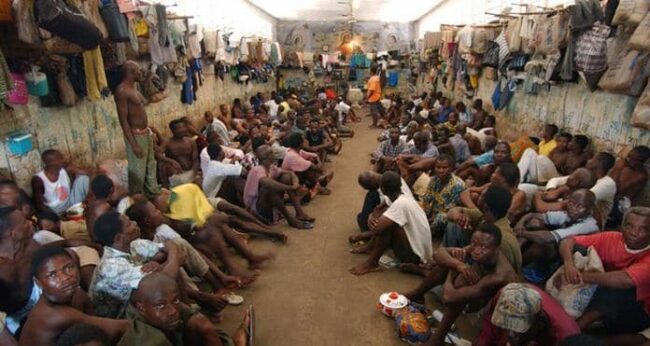Prison life of inmates in African prisons: between overcrowding and humanitarian challenges
Prison life in African prisons is often marked by difficult conditions, a reflection of fragile and underfunded prison systems. These establishments, which should be used for the rehabilitation of prisoners, sometimes become places of suffering and despair, fueling a cycle of social marginalization.
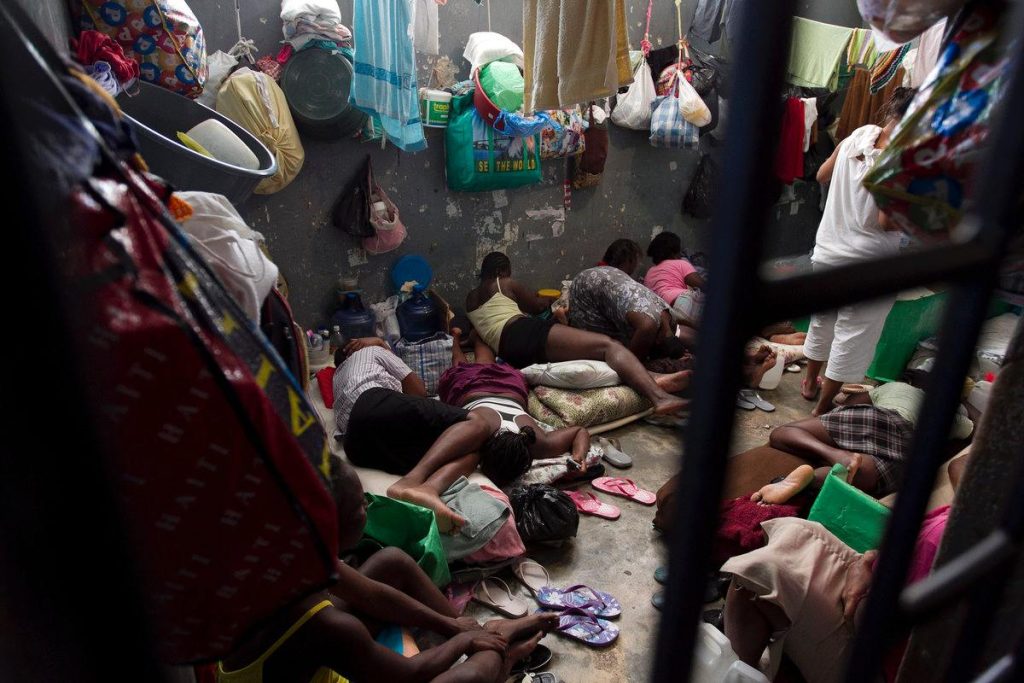
One of the main challenges facing African prisons is overcrowding. In many countries, prisons hold far more prisoners than their capacity allows. For example, prisons designed for 500 inmates can sometimes accommodate more than 2,000. This overcrowding is often caused by:
Judicial slowness: A large number of detainees are in pre-trial detention, sometimes for years, without trial.
The increase in crime linked to difficult economic contexts or armed conflicts.
Lack of suitable infrastructure, consequence of limited funding.
Living conditions in African prisons often fall far short of international standards. Among the recurring problems:
Lack of hygiene: Prisons suffer from the absence of adequate sanitation services, which favors the spread of diseases such as tuberculosis or respiratory infections.
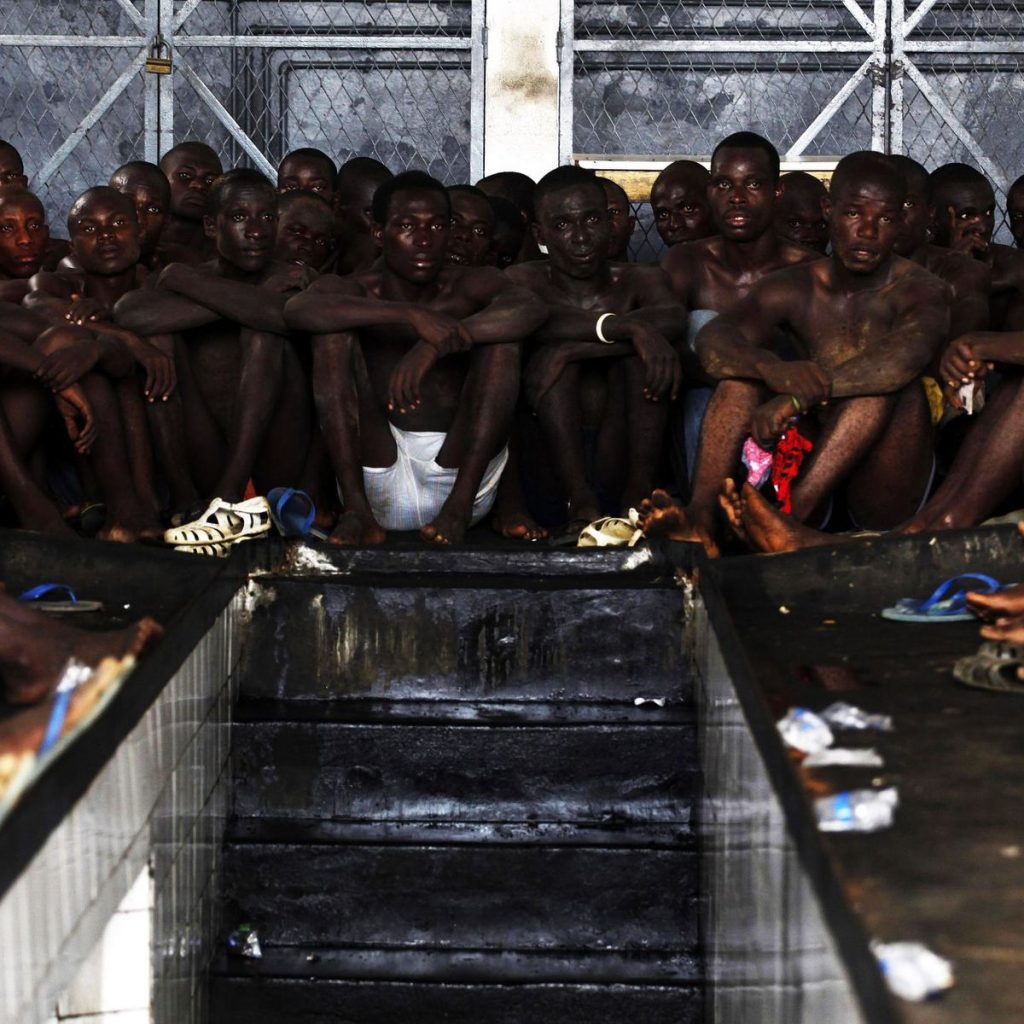
Insufficient food: Food rations, often limited, do not meet the nutritional needs of prisoners.
Lack of access to care: Medical services are rare or non-existent, leaving detainees vulnerable to illness.
Overcrowding and poor prison conditions create fertile ground for violence. Abuse between prisoners, but also sometimes by guards, is frequent. This violence ranges from simple altercations to serious acts, such as physical or sexual abuse.
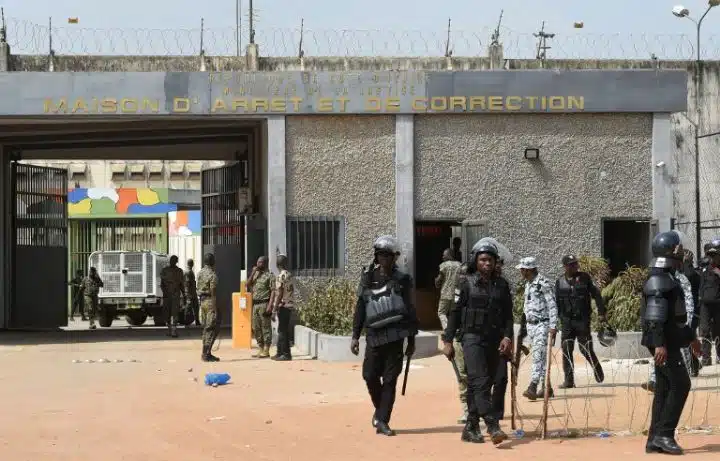
Despite these challenges, efforts are being made to improve prison life in Africa:
Judicial reforms: Some countries are implementing alternatives to pretrial detention to reduce the prison population.
Partnerships with NGOs: Organizations like Amnesty International or Médecins Sans Frontières work to improve the living conditions of detainees.
Rehabilitation programs: Some establishments introduce vocational training and educational programs to facilitate social reintegration.
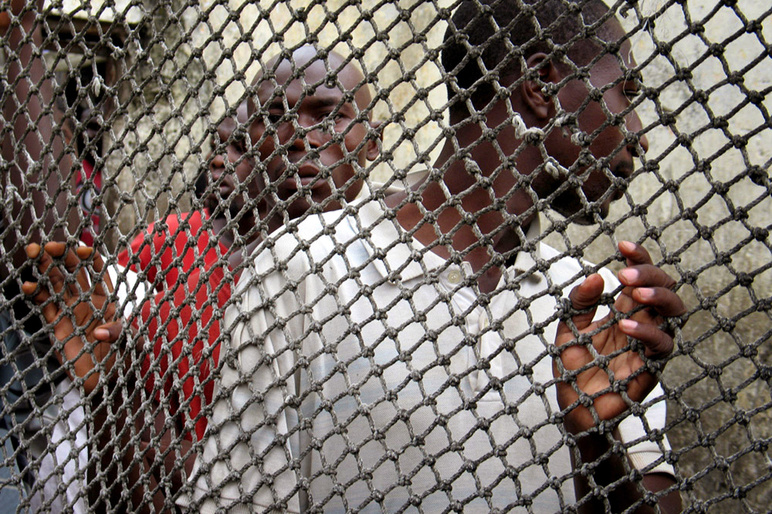
Prison life in Africa remains a major challenge for governments and civil society. A comprehensive reform of the judicial and penitentiary systems is necessary to humanize detention conditions and offer prisoners a real chance of reintegration. This requires strong political will, investments



